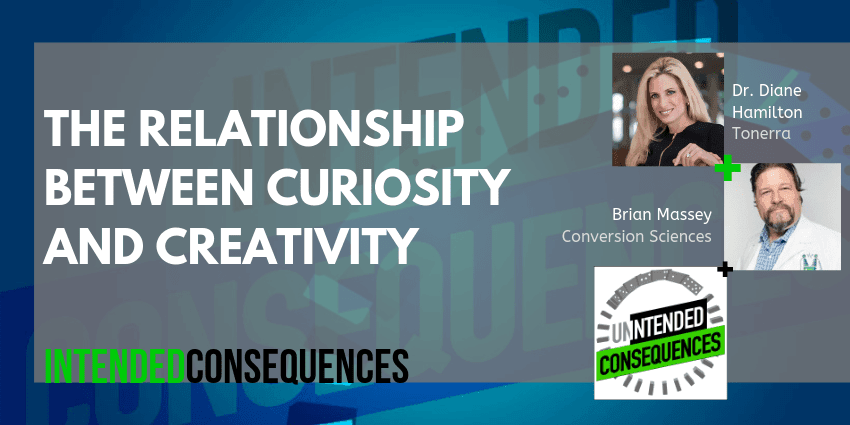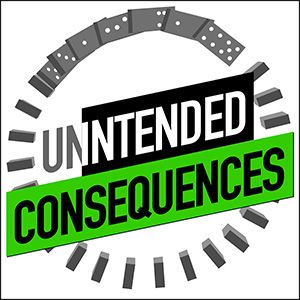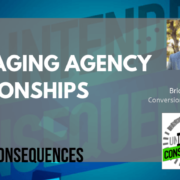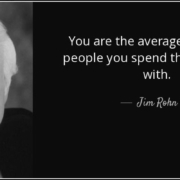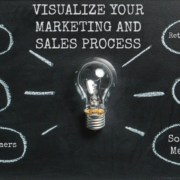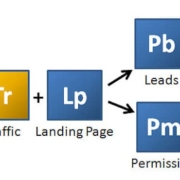The Relationship Between Curiosity and Creativity with Dr. Diane Hamilton
How is Curiosity related to Creativity? What are the barriers to your curiosity? Find out how to spur the curiosity of yourself and your team.
Experimenters. You know the type.
As children, we call them “precocious”. They’re the ones who are always asking, “Why? Why? WHY?”
In middle school, they were sometimes called “mischievous,” seeming unable to resist finding out what would happen if…
In high school, they were called “nerds” because they seemed to obsess about the most unusual things.
As adults, they brew beer, collect anvils, travel, rebuild car engines, watch birds, and join fantasy sports leagues. They seek to understand the rules of some endeavor, and then figure out what happens if they break those rules.
Yes, this is pretty much everyone. In some area of our lives, we all find ourselves obsessing about how things work, why they work that way, and what we could do to make things better.
Unfortunately, the area of our lives that we spend the most time on isn’t the one we are most curious about: our work. How many experimenters do you work with — the kind of people that make you ask, “When did you have time to do that?”
If your answer wasn’t “I am that person,” I have to ask the question, “Why?” What has dampened your curiosity?
It turns out there are four factors that limit our curiosity. My guest, Dr. Diane Hamilton documents them in her book, “The Curiosity Code.” She evaluated me, and I was surprised at what I learned about the limits of MY curiosity.
Dr. Diane Hamilton is an expert in emotional intelligence and behavioral science. She is an author, radio host of “Take the Lead Radio,” and creator of the Curiosity Code Index – which we will dive into on today’s episode.
Curiosity is a topic that is at the core of everything marketers do. We’re all about experimenting, discovering data, and getting answers when it comes to website redesigns, launches, and campaigns.
More importantly, I think that curiosity is a doorway into the mystical peak experiences called “Flow.”.
So anything that limits my curiosity is something that needs to be addressed. Let’s find out what the four limiting factors are and how I scored on her evaluation.
We all start off curious.
When you get back to the office…
When do you feel it’s OK to put your work down and play? Or learn something new?
For me it’s often on Friday afternoons, when the deadlines are met, and things are winding down. I’ve gotten purposeful about tapping these natural times when the bonds of my mind relax, allowing me to follow my curiosity.
The other time for me is when I’m on a deadline. I allow myself to renegotiate a deadline if I’m learning something that will improve my performance long term.
When do you find yourself following rabbits down holes?
Do you feel guilty?
Does your team support it? Do they even know about it? Why not?
How could you configure your work world to indulge these moments of exploration?
I recommend you take Dr. Hamilton’s Curiosity Code Index and see what’s in your way.
Resources and links from the Podcast
- Connect with Dr. Hamilton
- Check out the Curiosity Code Index
- Follow Brian on Twitter @bmassey
- Learn more about Conversion Sciences

